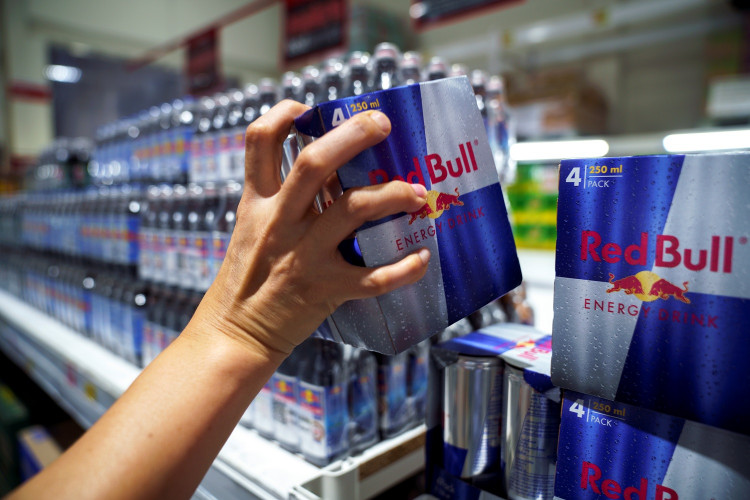While coronavirus-related anxiety is common these days, the pre-pandemic days were pretty much anxiety-ridden as well. As a matter of fact, almost a third of Americans have this disorder, according to the National Insititute of Mental Health.
Therapy, medication, and exercise are good ways to help treat anxiety disorders. But a remedy that not a lot of people know relates to one's food choices. That being said, here are the foods to avoid to keep your anxiety levels down.
Energy drinks
Energy drinks can do more than just cause you to feel jumpy. According to the American College of Cardiology, they have been associated with elevated heart rate and blood pressure as well as changes in the heart's electrical function, including seizures and strokes, not to mention psychosis.
Coffee
It may not seem that surprising the link between coffee and anxiety, but it needs to be repeated, particularly because so many other foods and drinks incorporate caffeine. You may be drinking merely two cups of coffee a day on this anxiety-provoking compound without knowing it, but if you add a slab of chocolate, some soda, and an energy drink, your consumption is sky-high.
Artificial sweeteners
You would think that the high-low trap of added sugar would be eliminated by artificial sweeteners, which are technically not sugar and don't add calories to your day. Actually no. These additives can cause the same crash that you can experience with caffeine or sugar, along with exhaustion, mood changes, heart palpitations, and trouble concentrating.
Aspartame, one of the FDA-approved high-intensity sweeteners, effectively inhibits the production of serotonin, the brain's feel-good hormone. A study in 2014 in the PLOS One journal found that both the addition of artificial sweeteners to tea or coffee were associated with a higher risk of depression compared to consuming them plain black.
Light salad dressings
Some of these so-called light products make up for reduced fat with high amounts of hidden sugars, making them one of the foods that you should not consume. Light dressings for salads are a major suspect.
When researchers looked at one ready-made basil tomato sauce in the supermarket, they found that half a cup (less than most people should eat) had three teaspoons of sugar in it. For dinner, a cup and a half will be nine teaspoons, which would seem more practical.
As the old adage goes, you are what you eat. This applies quite a lot to people with anxiety.






